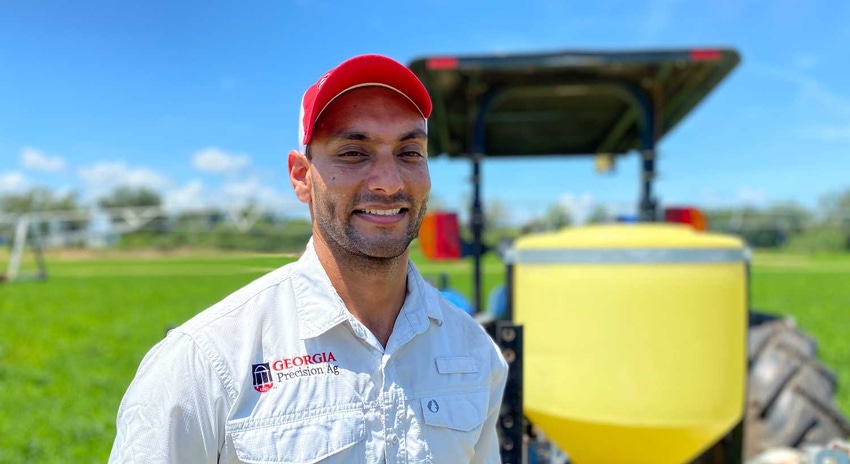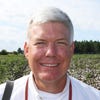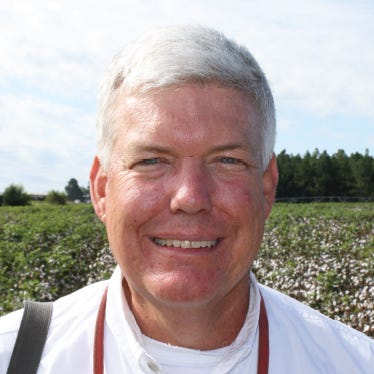
A general misunderstanding of what it is we do, a fear of the challenges of the job, and the desire for an easier career path with higher salary all steer many away from working in agriculture.
To safeguard food and fiber for the future, we must find a way to fill very large shoes of those who have gone before.
Looking back over my career at the UGA Coastal Plain Experiment Station in Tifton, Ga., what has changed most has been the composition of the faculty with whom I work. When I started in 2000, the biggest difference between most of us was the school in the SEC or ACC we attended for our doctorate programs.
Over the past 20 years the composition of our faculty has become increasingly diverse. Where once pulling for the Bulldogs or the Tigers or the Gators was a measure of “diversity," we now work shoulder to shoulder with colleagues from across the globe whose culture, language, religion, and cuisine are very different.
Diversity makes our organization stronger as we bring in the best talent to help solve problems you as growers face. For some, this diversity can be intimidating, especially when one is confronted with the unfamiliar. Part of what I do as a senior faculty member is to try to help bridge this gap, to make the unfamiliar more familiar. Below I introduce six early-career faculty members from the UGA Tifton Campus. Though they are at UGA, there are others like them in research and Extension across the South. Though some are not originally from around these parts, they are part of the next generation within Extension ranks. Most importantly, each is dedicated to making a difference in agriculture now and in the future.
From his first day on the job in early 2021, the number one question asked of UGA Cotton Team leader Dr. Camp Hand has been, “Can we make wide-row cotton production work in Georgia?” There has been significant interest in that wide-row cotton may reduce input costs while maintaining yields. Partnered with crop physiologist Dr. John Snider and graduate student Caitlyn Lawton, Dr. Hand is assessing four row spacings: 36”, 48”, 60”, and 72”. Hand notes that this research is the first step in determining if wide-row cotton production has a fit in Georgia.
Since being hired as the new UGA precision ag specialist in August 2020, Dr. Simer Virk has aggressively pursued on-farm research trials with county Extension agents. These trials specifically address questions from growers on selection of optimal application parameters and best utilization of precision technology. For Dr. Virk these trials not only keep him grounded and engaged growers, but also provide research-based information that can be used to make better management decisions which directly impact profitability.
As a new plant virologist at UGA Tifton Campus, Dr. Sudeep Bag works on a complex of insect-transmitted viruses in cotton, peanut and vegetables that can easily threaten the profitability for growers. Since arriving at UGA three years ago, Dr. Bag has been a leader in efforts that have significantly improved our understanding of emerging viral diseases in this region. Better understanding through research will assist in improving current management strategies.
Extension plant pathologist Dr. Bhabesh Dutta takes greatest pride in his project. He develops sustainable and economically profitable management options for growers against center rot of onion. This long-term project includes evaluation of cultural practice that impact center rot, screens cultivars and breeding lines for disease resistance, develops and optimizes bactericide and thrips spray programs, and addresses post-harvest management. In the long term, this project will help onion growers to remain competitive in national and international onion markets.
Dr. Amran Ali is the director of the Plant Molecular Diagnostic Lab located on the Tifton campus. The MDL is an advanced testing facility for plant disease samples. Routinely, plant diseases caused by bacterial and viral pathogens require detection beyond the resources and expertise of the traditional UGA diagnostic clinics. The MDL gives an edge to UGA extension specialists, county agents, and growers in making timely management decisions based on the accurate and reliable diagnosis.
In vegetable crops grown on plastic beds for two to four consecutive growing seasons, nematicides play a crucial role in suppressing the rootknot nematode, a soilborne pathogen that can devastate yields. A part of UGA Extension since 2017, Dr. Abolfazl Hajihassani’s evaluation of several newly developed fumigant and nonfumigant nematicides has affirmed that the proper delivery and application timing of nematicides along with a combination of resistance/grafting in some crops can significantly increase crop productivity and profitability.
In order to safeguard food and fiber for the future, we must find a way to fill very large shoes of those who have gone before. We in the South are fortunate that those shoes are being filled by talented men and women from here and from far away.
About the Author(s)
You May Also Like






